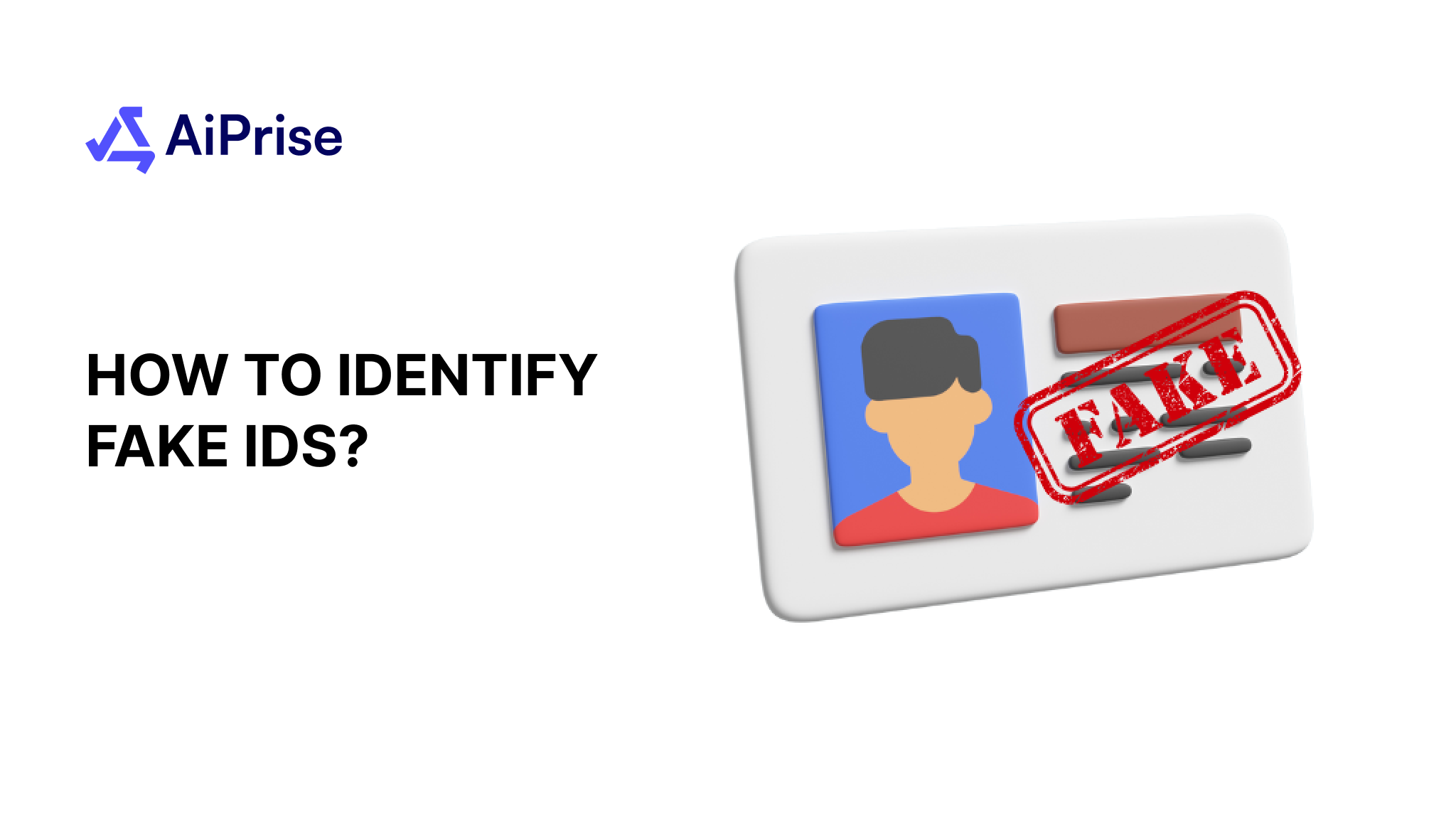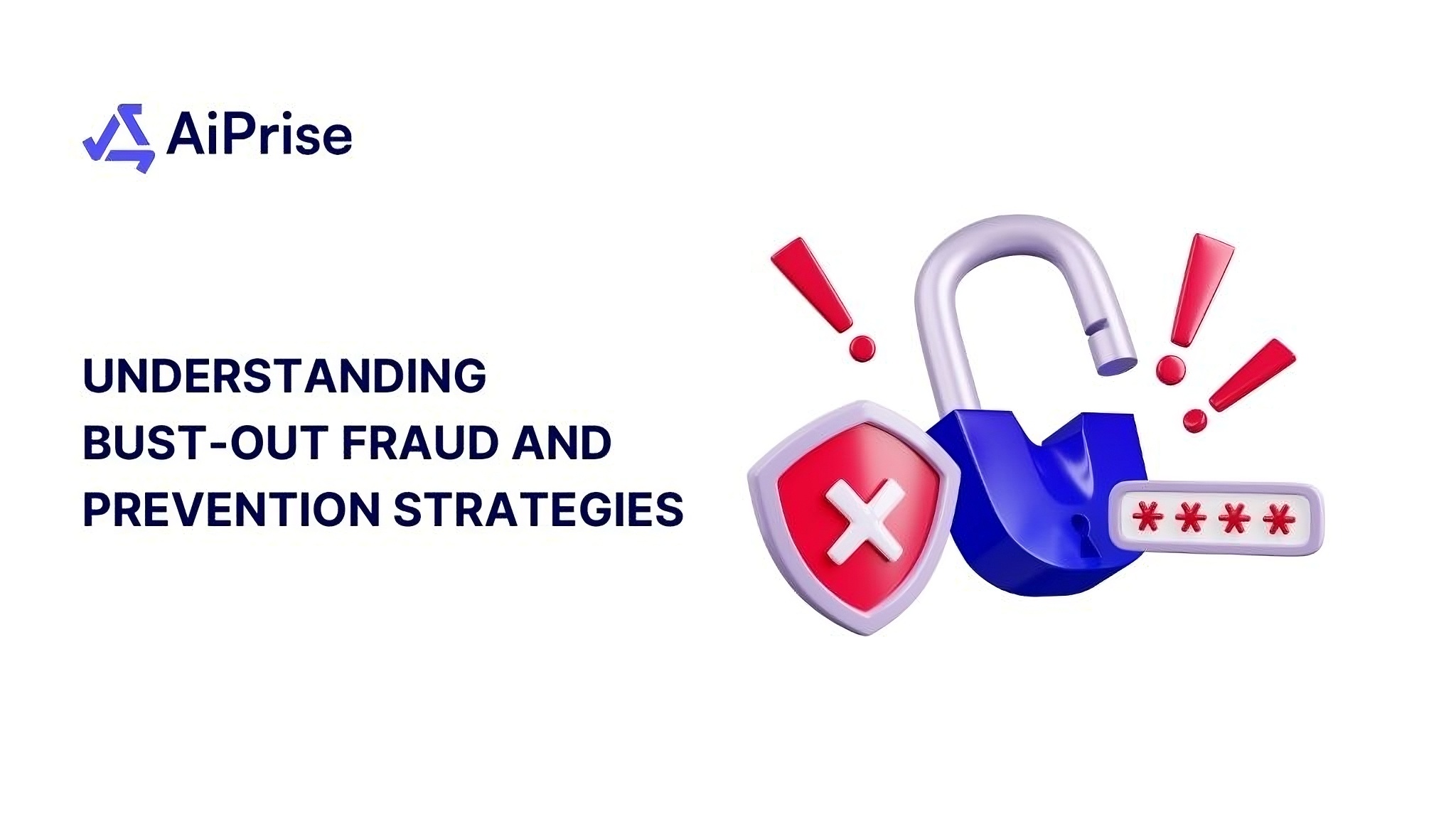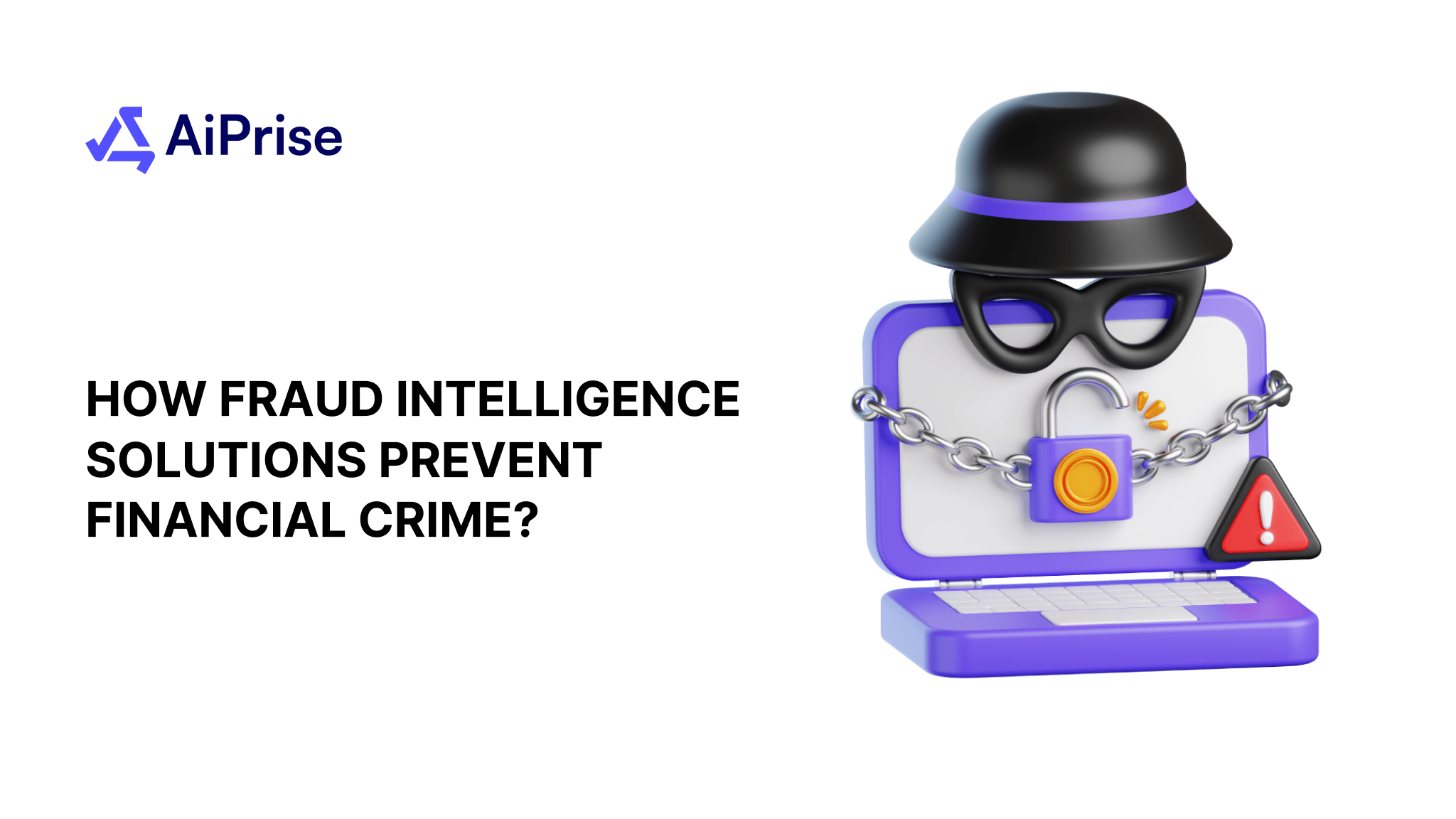AiPrise
8 mins read
September 14, 2025
What is a Verification Check? Types, Process, and Benefits
.png)
Key Takeaways










Businesses today face constant verification challenges. From hiring new employees to onboarding customers and processing payments, you need to confirm identities and validate information at every step.
According to studies, fraud costs organizations worldwide an estimated 5% of their annual revenues. A verification check confirms identity, credentials, background history, and other critical details that help organizations make informed decisions while preventing fraud and ensuring compliance.
In this guide, we break down everything you need to know about verification processes, types, and how they can strengthen your business operations.
Key Takeaways:
- Verification checks validate identity and credentials through multiple data sources and databases.
- Different verification types serve specific purposes, from employment screening to financial compliance.
- Automated verification systems provide faster, more accurate results than manual processes.
- Proper verification reduces fraud risk and protects business operations.
- Compliance requirements vary by industry, but verification is essential across all sectors.
What is a Verification Check?
A verification check is a systematic process that confirms the accuracy and authenticity of information provided by individuals or organizations. These checks cross-reference submitted data against reliable sources, databases, and official records to validate claims about identity, credentials, employment history, financial status, or other relevant details.
Verification checks work by comparing provided information against multiple authoritative sources. For example, when verifying someone's identity, the system might check their details against government databases, credit bureaus, and public records to confirm the person exists and their information matches official records.
The process typically involves collecting specific documents or data points, then using technology and databases to validate that information. Modern verification systems can check multiple data sources simultaneously, providing comprehensive results in minutes rather than the days or weeks traditional manual verification required.
Now that you know what verification checks are, let's look at why businesses across all industries rely on these processes to protect their operations and maintain compliance.
Why Do Businesses Need Verification Checks?
.png)
Organizations across industries rely on verification checks to protect their operations and maintain compliance with regulations.
- Fraud Prevention: Verification checks act as the first line of defense against identity theft, fake credentials, and fraudulent applications. These systems help businesses identify suspicious patterns and prevent costly security breaches before they occur.
- Regulatory Compliance: Many industries face strict compliance requirements that mandate verification processes. Financial institutions must follow Know Your Customer (KYC) regulations, while healthcare organizations need to verify professional licenses and certifications.
- Risk Management: Verification helps organizations assess potential risks before entering business relationships. This includes checking for criminal backgrounds, verifying financial stability, or confirming professional qualifications.
- Operational Efficiency: Automated verification systems reduce manual review processes, cutting processing time from days to minutes while improving accuracy through reduced human error.
- Trust Building: Comprehensive verification creates confidence in business relationships, whether with employees, customers, or business partners. This trust translates directly into stronger business outcomes and reduced liability.
With these benefits clear, let’s explore the different types of verification available to address specific business needs and compliance requirements.
Types of Verification Checks
Different verification types serve specific business needs and compliance requirements. Knowing these options helps organizations build comprehensive verification strategies.
Here's a quick comparison of the main verification types:

Let’s take a detailed look at each verification type.
Identity Verification
Identity verification confirms that individuals are who they claim to be using government-issued documents, biometric data, and database checks. This process typically requires photo identification, like passports or driver's licenses, along with additional verification factors.
For instance, opening a bank account requires identity verification through document scanning, facial recognition technology, and checks against government databases to confirm the person's identity matches official records. Electronic identity verification has become the standard for digital onboarding processes.
Employment Verification
Employment verification confirms work history, job titles, employment dates, and salary information with previous employers. This process helps organizations validate candidates' claims about their professional background and experience.
Many companies use employment verification to confirm that senior executives actually held the leadership positions they claim, preventing costly hiring mistakes that could impact business operations.
Background Checks
Background checks review criminal history, court records, and other public information to assess potential risks. These checks vary in scope depending on the position or relationship being evaluated.
For example, financial institutions conduct comprehensive background checks on employees who will handle money or sensitive customer information, looking for any history of financial crimes or misconduct. Fraud detection systems help identify potential security risks during screening.
Education Verification
Education verification confirms degrees, certifications, and educational achievements with issuing institutions. This prevents credential fraud and ensures individuals possess the qualifications they claim.
Healthcare organizations routinely verify medical degrees and certifications to ensure practitioners have the proper training and licensing required for patient care responsibilities.
Financial Verification
Financial verification assesses creditworthiness, income levels, and financial stability through credit reports, bank statements, and income documentation. This type of verification is essential for lending decisions and business partnerships.
Landlords use financial verification to confirm prospective tenants can afford rent payments, while lenders verify income and credit history before approving loans or credit applications. Address verification techniques play a crucial role in financial verification processes.
Knowing about different verification types is good, but it's also important to know how these systems actually function in practice to make informed decisions about implementation.
How Do Verification Checks Work?
.png)
The verification process follows a systematic approach that combines technology, databases, and human oversight to ensure accuracy.
- Data Collection: The process begins when individuals or organizations submit required information and documentation. This might include identification documents, application forms, or specific credentials, depending on the verification type needed.
- Document Analysis: Advanced systems scan and analyze submitted documents for authenticity markers, security features, and consistency. Technology can detect altered documents, fake IDs, or inconsistencies that might indicate fraud attempts. Document verification using AI has significantly improved detection capabilities.
- Database Cross-Reference: Information gets checked against multiple authoritative databases, including government records, educational institutions, previous employers, and specialized verification databases that track fraudulent activities. Global watchlist screening helps identify high-risk individuals across jurisdictions.
- Risk Assessment: Systems evaluate the collected information against risk criteria and flag potential concerns. This includes checking for matches against watchlists, sanctions databases, or known fraud patterns.
- Results Delivery: Verification results are compiled into comprehensive reports that highlight confirmed information, flag discrepancies, and provide risk assessments to help organizations make informed decisions.
Modern verification platforms complete this entire process in minutes, providing real-time results that enable faster business decisions while maintaining high accuracy standards.
While knowing the process is important, recognizing the advantages of modern automated systems helps organizations make informed technology decisions.
Benefits of Automated Verification Systems
Manual verification still has its place, but it’s increasingly difficult to keep up with today’s speed of business. Automated verification systems don’t just save time; they reshape the way organizations approach risk, compliance, and customer experience. Here’s how automation changes the game:
Speed that matches modern expectations
Customers don’t want to wait days for a background check or identity review. Automated systems can process requests in near real-time, which means faster onboarding, quicker lending decisions, and smoother hiring. For businesses that deal with high volumes, like banks, marketplaces, or gig platforms, this speed is no longer optional, it’s expected.
Accuracy that reduces human blind spots
Even the most experienced reviewer can miss details, especially when they’re processing hundreds of documents a day. Automation applies the same level of scrutiny every single time. From spotting forged documents to flagging inconsistencies in data, the technology catches errors that human reviewers often overlook.
Long-term cost savings
Yes, adopting an automated platform requires investment, but the payoff is significant. By reducing dependence on large manual review teams and cutting down the time spent on each case, businesses save on operating costs. More importantly, by preventing fraud before it happens, they avoid regulatory penalties and reputational damage that can be far more expensive.
Built for scale
Growing businesses can’t afford to expand verification teams at the same pace as customer demand. Automated systems can easily handle thousands of checks simultaneously without compromising on speed or accuracy. This makes them a natural fit for companies expanding into new markets or scaling digital operations.
Broader coverage from one process
Instead of checking documents, databases, and watchlists separately, automated platforms can pull information from multiple sources at once. This creates a more complete profile of a customer or partner, helping businesses catch red flags earlier.
Easier compliance management
Regulatory scrutiny is only getting tighter. Automated systems keep detailed audit trails of every check performed, which makes it easier to demonstrate compliance during reviews or audits. Instead of chasing paperwork, compliance teams have everything documented and accessible.
Despite these advantages, organizations also face various challenges when implementing verification systems effectively.
Common Verification Check Challenges
.png)
Organizations implementing verification processes often face specific challenges that require strategic solutions. Here are some of the most common verification check challenges:
- Data Accuracy Issues: Verification accuracy depends on the quality of source databases and information. Outdated or incomplete databases can lead to false positives or missed red flags that compromise verification effectiveness.
- Privacy Compliance: Verification processes must balance thoroughness with privacy protection requirements. Organizations need to ensure they collect only necessary information and handle data according to applicable privacy regulations.
- Cost Management: Comprehensive verification can be expensive, particularly for small businesses or high-volume operations. Organizations must balance verification thoroughness with cost constraints and business needs.
- Technology Integration: Implementing verification systems often requires integration with existing business systems and workflows. This integration complexity can delay implementation and require significant technical resources.
- Global Verification Complexity: International verification presents unique challenges due to varying regulations, data availability, and legal requirements across different countries and jurisdictions.
These challenges highlight the importance of choosing the right verification partner with comprehensive solutions and global expertise.
Strengthen Your Business Security with AiPrise
Manual verification processes leave businesses vulnerable to fraud, compliance issues, and operational inefficiencies. Organizations need comprehensive verification solutions that provide accurate results while supporting growth and regulatory requirements.
AiPrise delivers global verification solutions powered by artificial intelligence and machine learning technology. Here’s how AiPrise can help you:
- Business and User Verification: Comprehensive identity verification for individuals and business entities with global coverage and regulatory compliance across multiple jurisdictions.
- AI-Powered Fraud Detection: Advanced fraud and risk scoring algorithms analyze patterns and behaviors to identify suspicious activities before they impact your business operations.
- Compliance Automation: Built-in compliance co-pilot features ensure verification processes meet regulatory requirements for payments, neobanks, crypto platforms, and lending institutions.
- Document Intelligence: Advanced document insights and government verification capabilities validate official documents while detecting fraudulent or altered identification materials.
- Seamless Integration: Onboarding SDK (Software Development Kit) and workflow automation enable easy integration with existing business systems through API-first architecture and customizable verification processes.
- One-Click Solutions: Simplified one-click KYC processes and reverification capabilities reduce friction while maintaining security standards for customer onboarding and ongoing compliance.
Whether you're operating in payments, cross-border transactions, marketplace platforms, or any regulated industry, AiPrise provides the verification infrastructure needed to operate securely and compliantly at scale.
Final Thoughts
Verification checks are essential tools for modern business protection and compliance. These processes help organizations validate identities, prevent fraud, and build trust while meeting regulatory requirements across different industries and jurisdictions.
Implementing comprehensive verification systems requires balancing thoroughness with efficiency, accuracy with speed, and security with user experience. The right verification platform can turn these challenges into competitive advantages through improved fraud prevention, faster onboarding, and enhanced compliance capabilities.
Ready to strengthen your verification processes and protect your business from fraud? AiPrise provides the comprehensive verification solutions you need to operate confidently in today's digital landscape. Book A Demo today to see how our AI-powered platform can enhance your business security and compliance efforts.
FAQs
1. How long does a verification check typically take?
Modern automated verification systems provide results within minutes for most checks. Manual verification processes can take several days or weeks, depending on complexity and data availability.
2. What documents are required for identity verification?
Identity verification typically requires government-issued photo identification such as passports, driver's licenses, or national ID cards. Additional documents may be needed for enhanced verification requirements.
3. Are verification checks required for all businesses?
Compliance requirements can vary by industry and jurisdiction. Financial services, healthcare, and other regulated industries often have specific verification mandates, while other businesses use verification for risk management.
4. How accurate are automated verification systems?
High-quality automated verification systems achieve high accuracy rates depending on data quality and verification complexity. These systems typically outperform manual verification in both speed and accuracy.
5. Can verification checks be performed internationally?
Yes, international verification platforms can verify identities and businesses across multiple countries. However, data availability and legal requirements vary by jurisdiction and may affect verification scope.
You might want to read these...

AiPrise’s data coverage and AI agents were the deciding factors for us. They’ve made our onboarding 80% faster. It is also a very intuitive platform.





Speed Up Your Compliance by 10x
Automate your compliance processes with AiPrise and focus on growing your business.


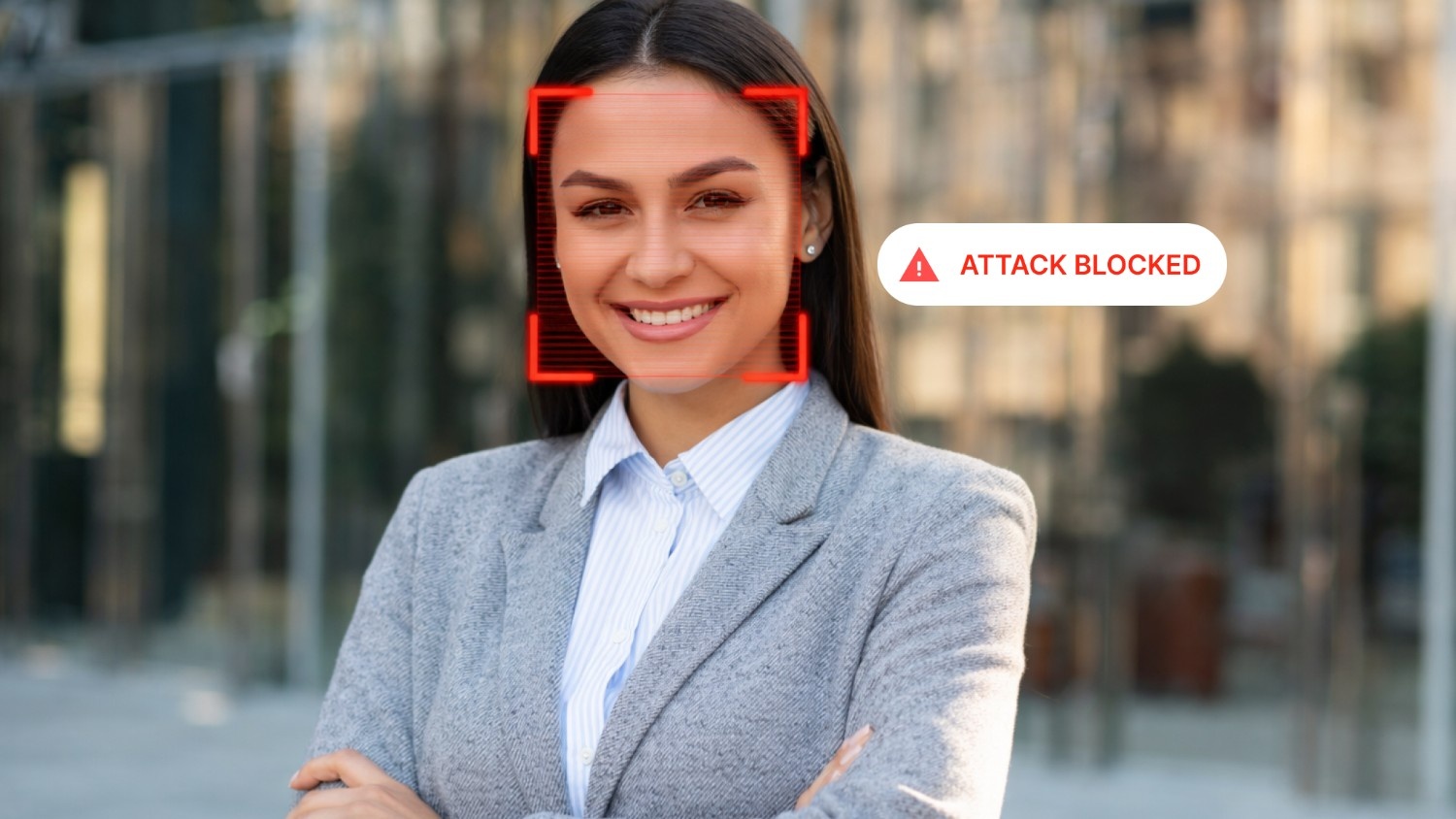



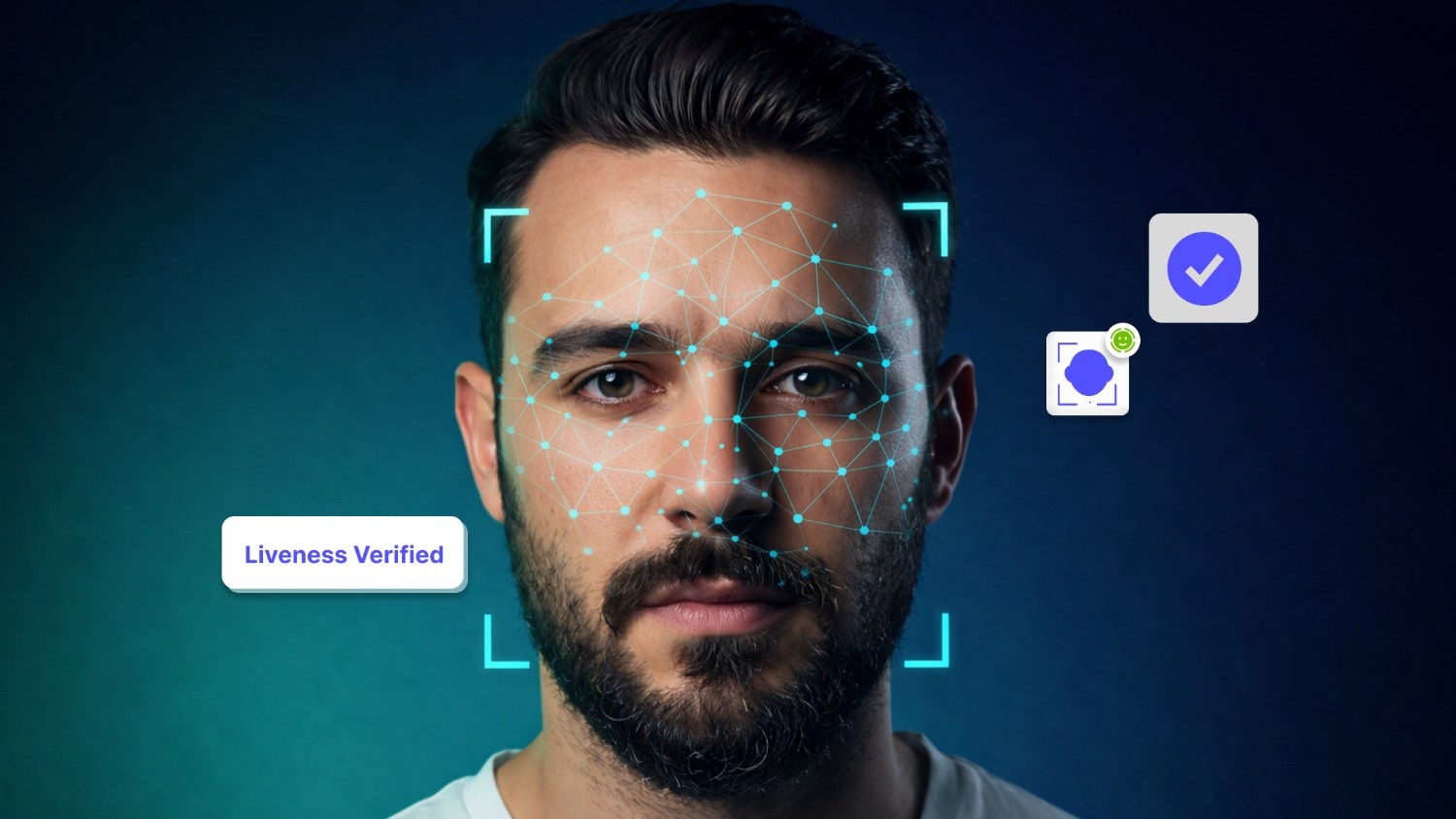

.png)
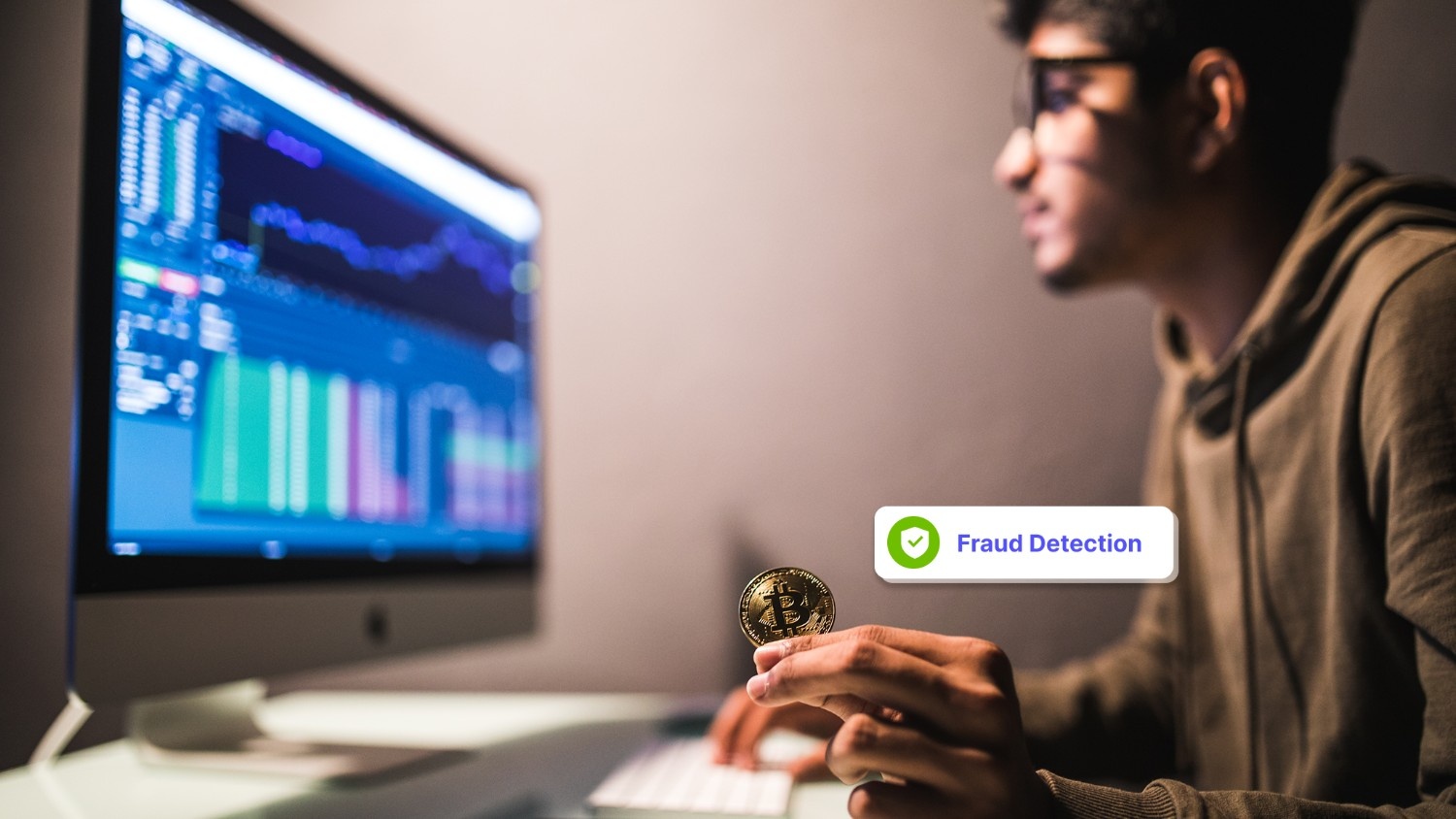
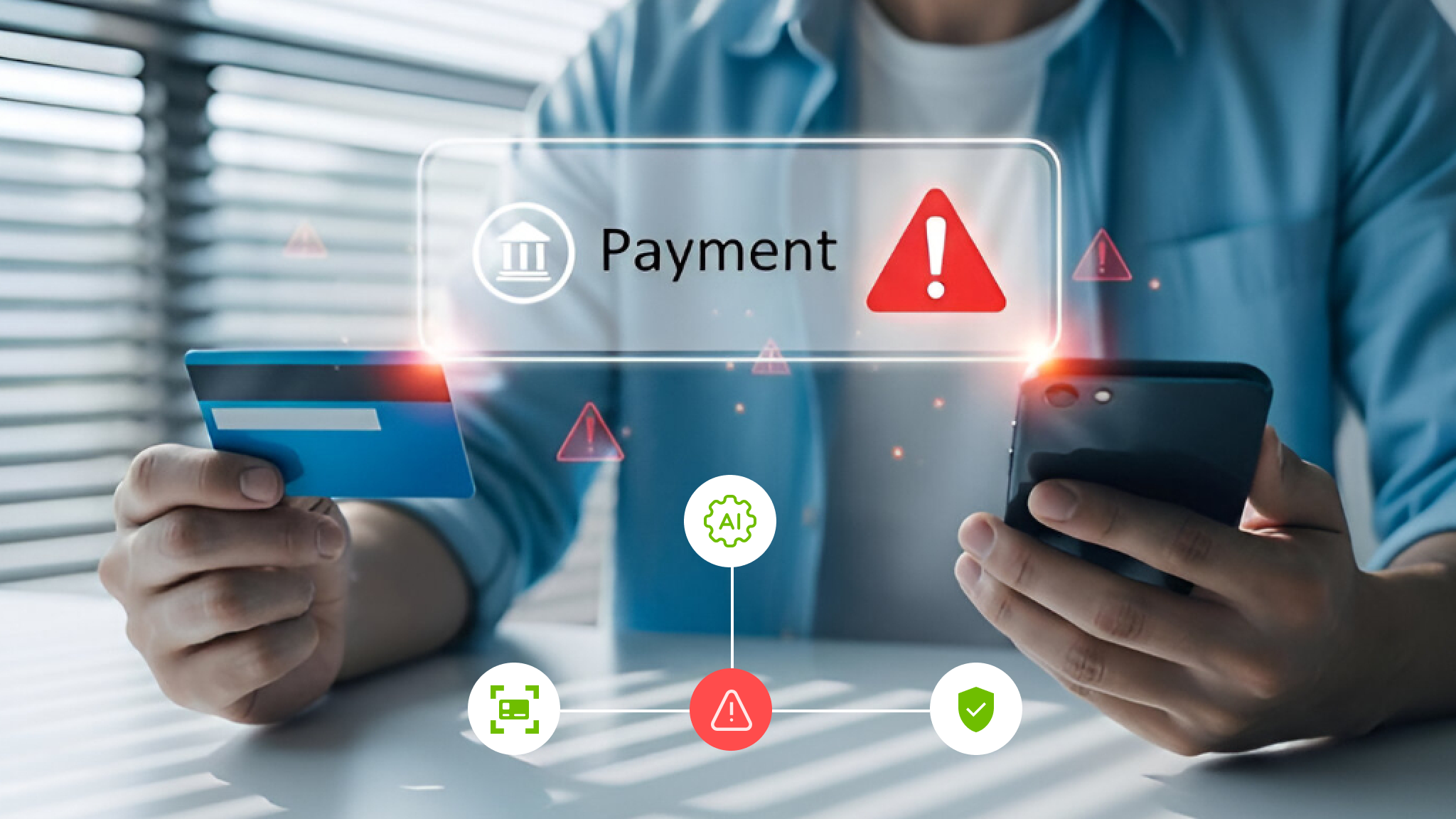
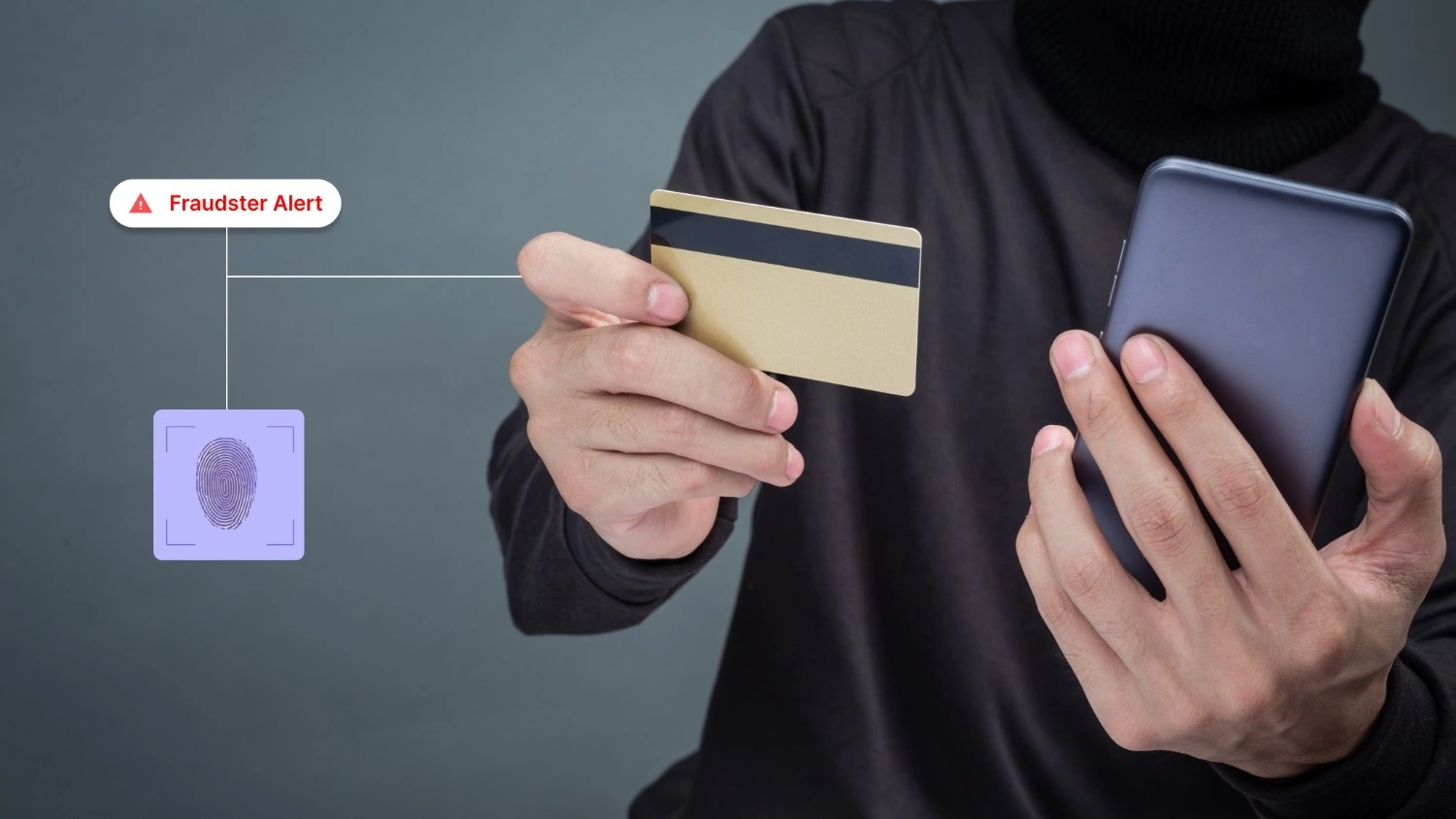
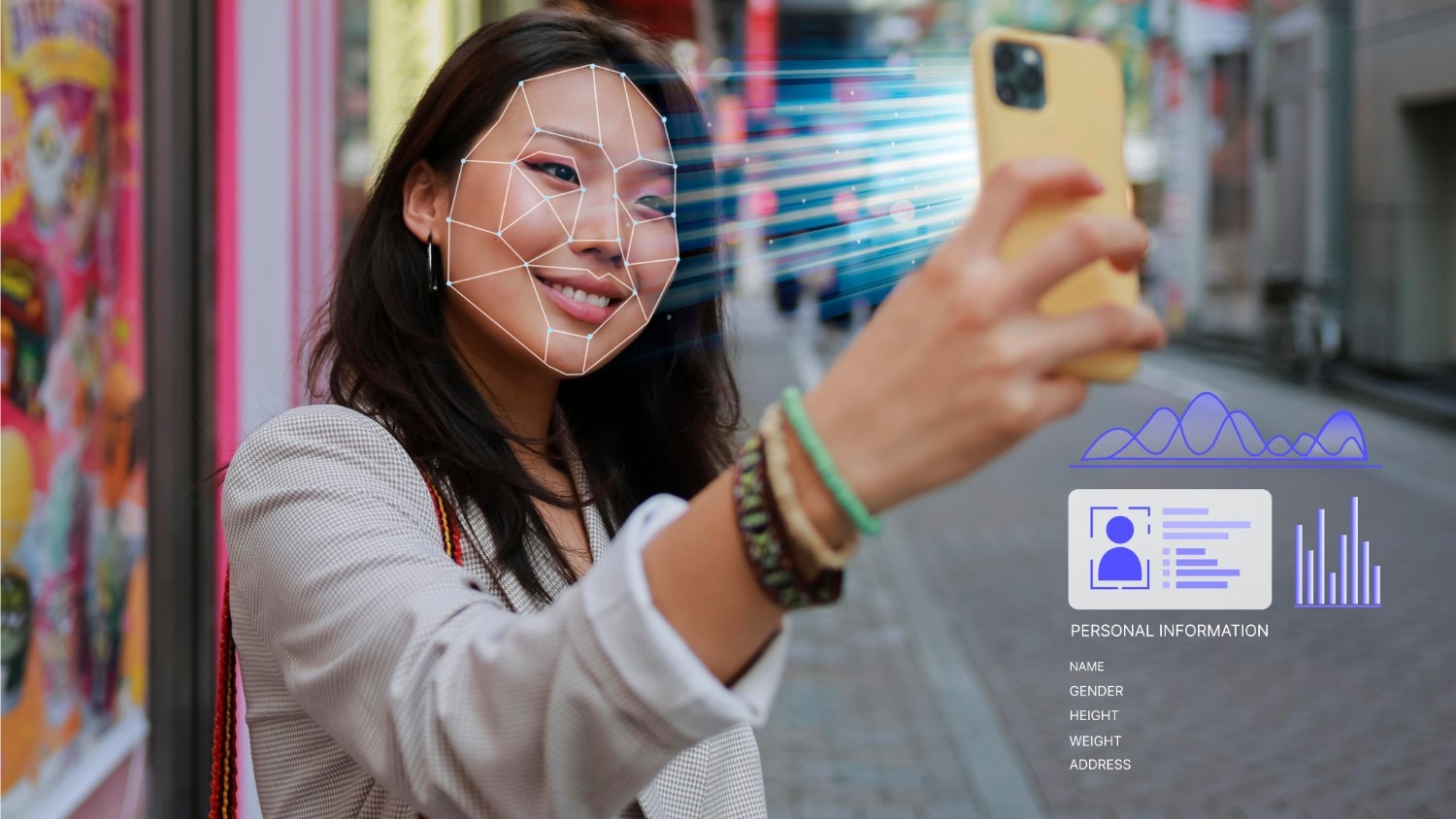


.png)





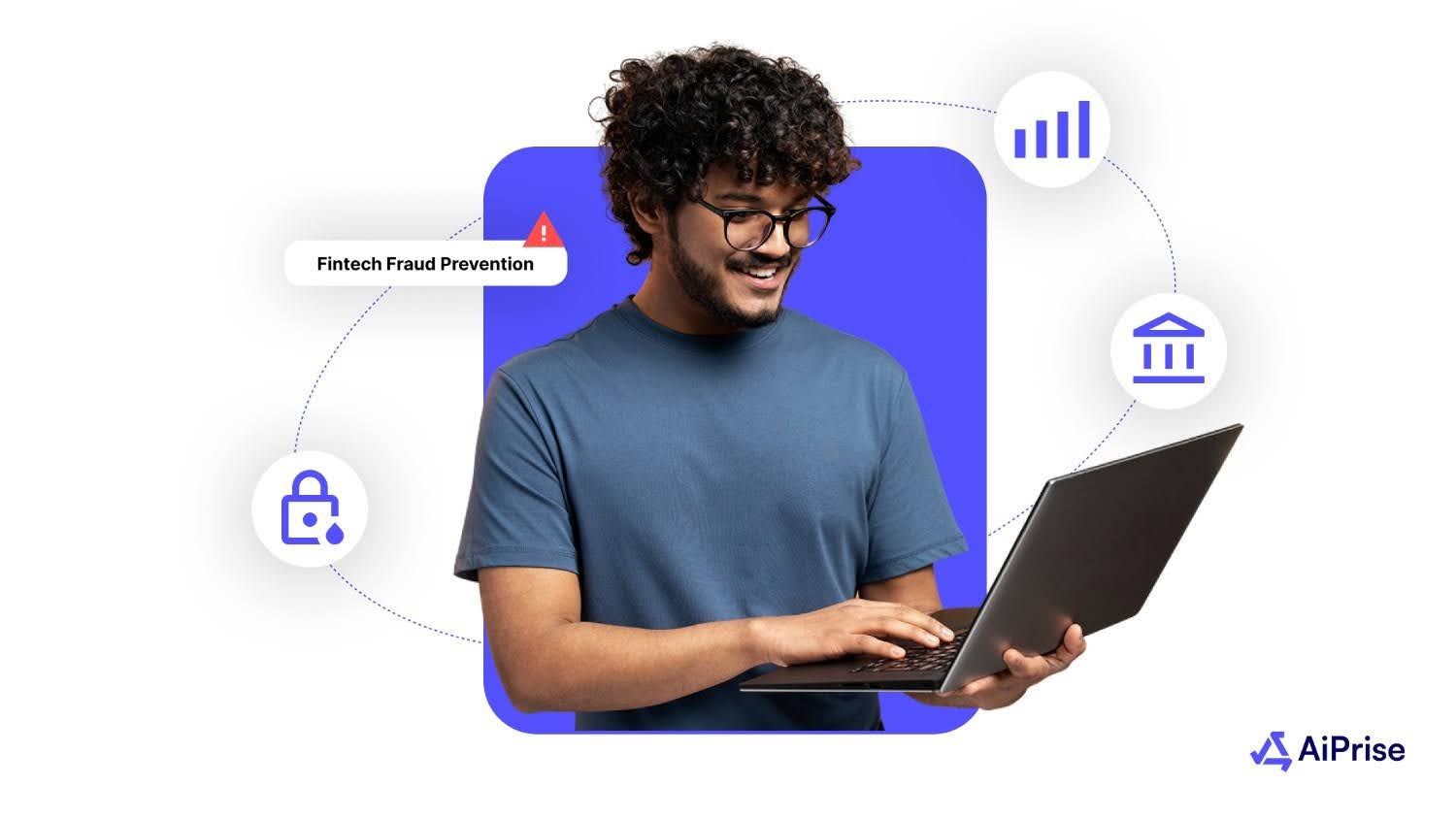

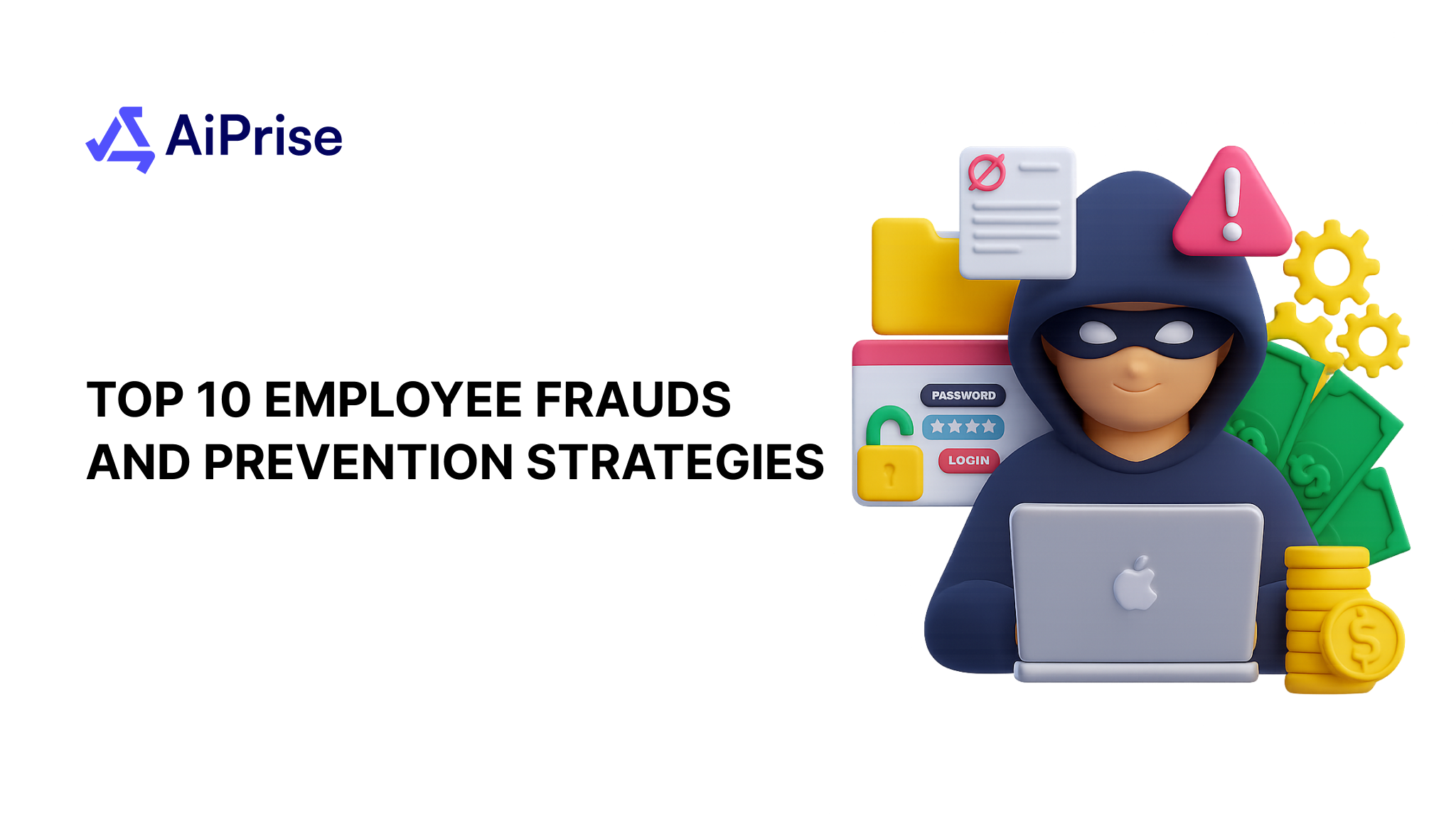
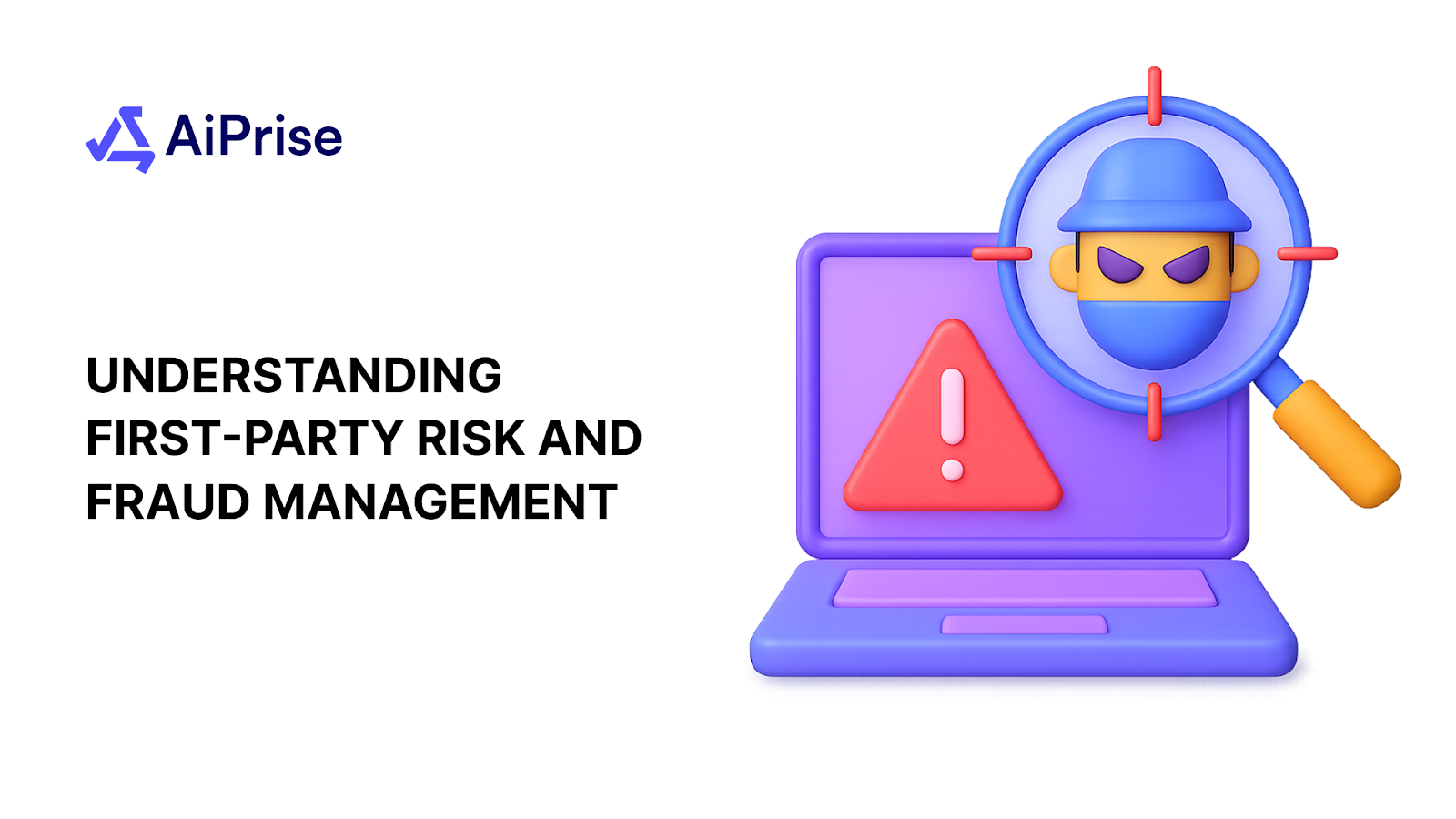
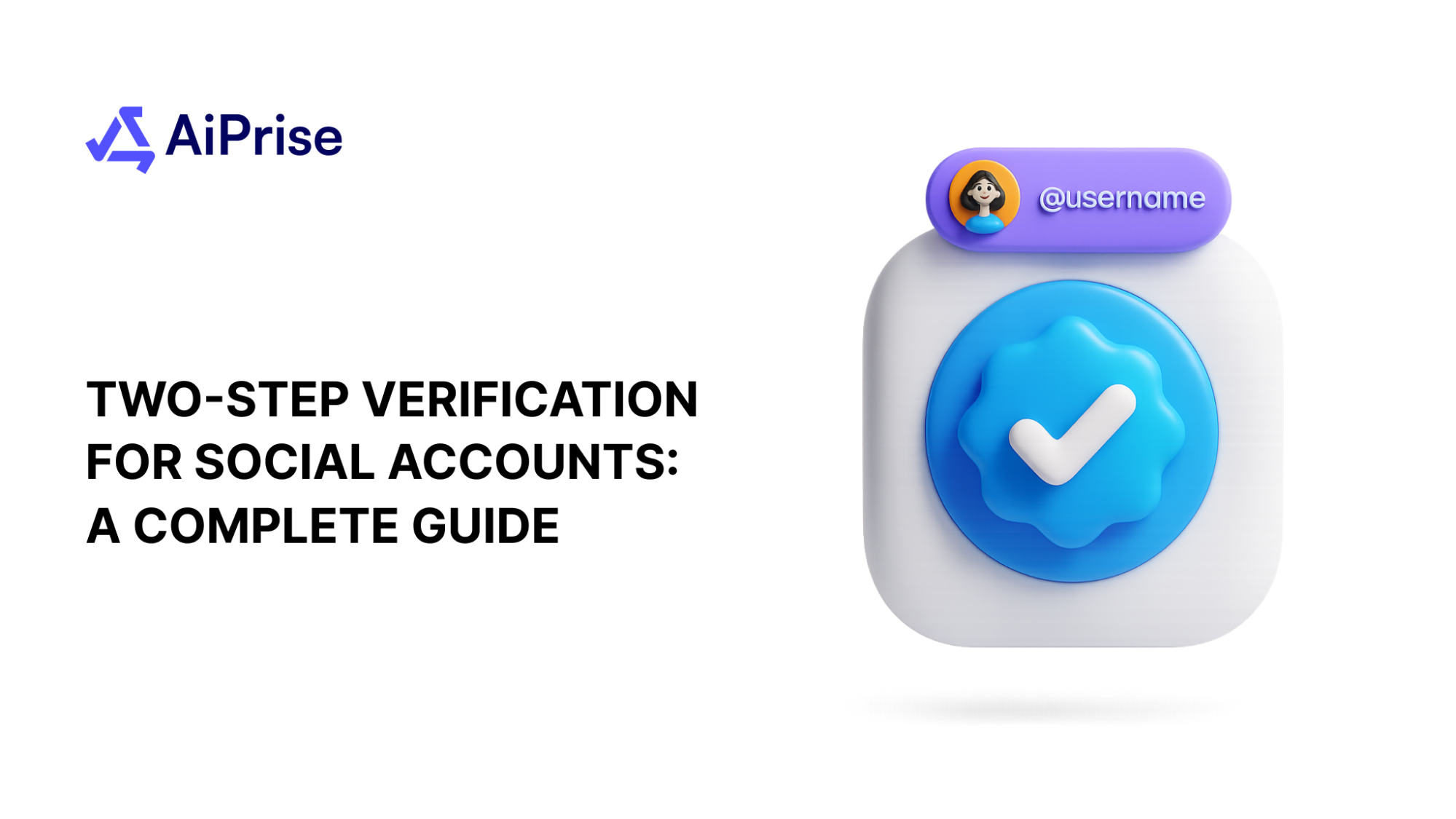
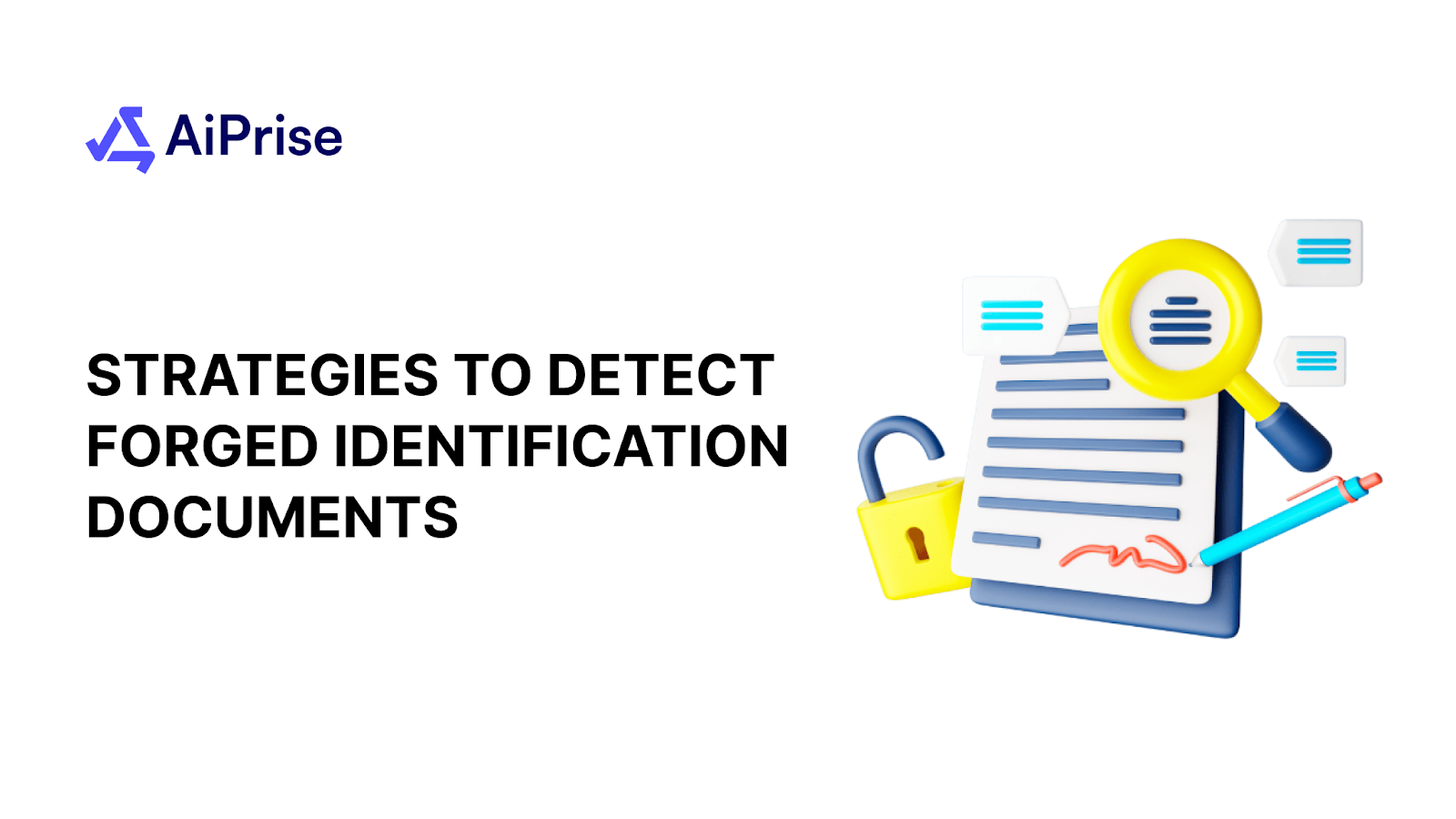



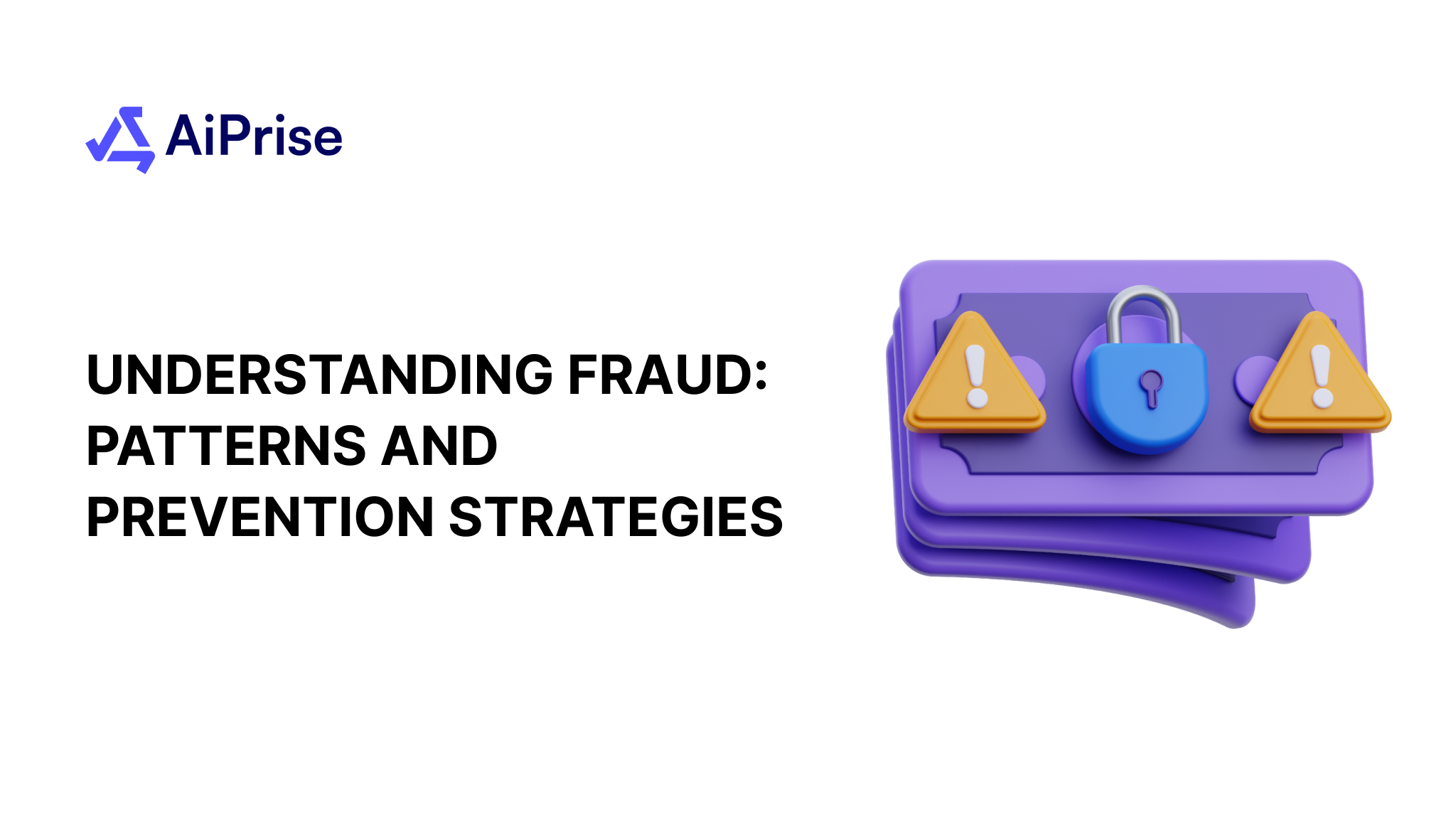
.png)
.png)
